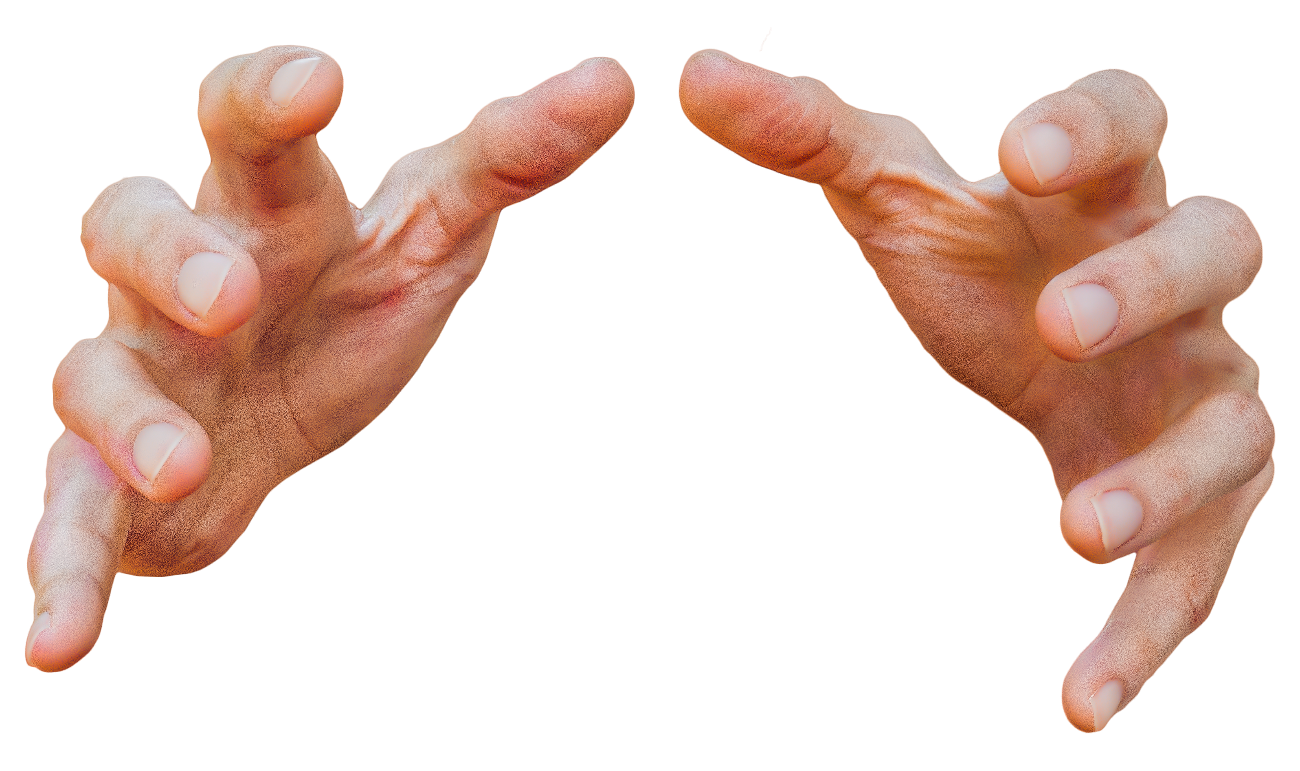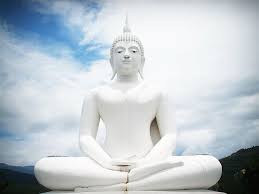
Craving, desiring, and yearning are expressions that reflect the power of a force that lies within us. Much of our suffering stems from this force, yet we cannot live without it, as it is the force of creation. Sometimes that force can seem stronger than our own will.
Buddhists believe that in order to live a life free of suffering, we must understand the mechanics of desire, and to train our minds to overcome it. Below I will delve deeper into the issue.
The Second Noble Truth
When the teachings of Buddha were organized 500 years after his death, some of his disciples wrote down his discourses (Suttas). Going over them, we realize that the four noble truths are essential to learn, if we are to progress further into the philosophy of Buddhism. These truths can be summarized as: acknowledging suffering, understanding its origins, liberating ourselves of it, and putting an end to it.
As you can see, the second noble truth speaks of the origin of suffering. Buddha left his life as a wealthy and powerful prince, to find the answer to the question of “how do we overcome suffering?”.
Years of roaming the forests of North India lead him to his final revelation. Peace was not to be found somewhere in the world, the cosmos or in the hearts of others. Freedom from suffering was dependent on the lack of attachments, needs, cravings, and hatred.
Buddhists believe that we have everything we need inside of us. Seeing life through this lens, we realize that there’s no use for craving anything. Usually the object of craving is something material, or someone for emotional satisfaction. But it won’t last forever. Nothing does.
If you crave something and don’t get it, you suffer. If you crave something, get it to then lose it (due to the nature of impermanence), then you suffer. If you crave something, get it, and find out that it bores you, you’ll suffer while looking for the next best thing.

Slavery
If you analyze the example I’ve just given, you’ll be able to see that a lot of people suffer daily for not getting what they want, and for not being able to get it. If they do get it, something else will come up to take its place. And the cycle will go on.
Immanuel Kant would say that real freedom is not doing all you want. Real freedom for him is being capable of controlling, and restraining your cravings.
The level of freedom Buddhists seek is one where you don’t even wish for good health. This is because you understand and accept illness as a natural part of the process. You also accept that you can’t escape it.
Who’s in charge?
The great French writer Victor Hugo (les Misérables) used to say that from time to time we should put money on a table in front of, and remind ourselves of who owns who. This quote can be used to evaluate everything we value.
I’m not talking about the love you feel for someone, I’m talking about the fear you have for losing someone. Sometimes we need to put it in front of us, so we can remember who’s in charge of our lives.
It’s not about suppressing the feeling, or the fear. You need to feel it. And you’re right, it won’t be easy, and it’s not going to happen all of a sudden. You’ll go through a long journey in order to attain the highest level of freedom
On your way there, you’ll understand the reasons behind your cravings and you’ll recognize the delusions you believed all your life, that’s when you’ll realize that craving doesn’t really exist.
I know that this is difficult to understand but let’s try to dramatize it a bit, no judgments, just being imaginative. Say you’re a woman like me, so you go on social media and see everyone has amazing lips exactly like Angelina Jolie. Even people you’ve known your entire life, but you can’t remember their lips being so full.
Everybody around you encourages you to undergo the procedure as well. They say that you’ll look great with full lips. And that seed is planted in your mind. If you feed it enough it will grow roots into your heart.
What you need to think about are two different things right now. One of them is the fact that your body is impermanent, which means that it will age and decay.
The second is the fact that no matter how many surgeries you undergo, you’ll never reach your ideal level of perfection. This is because you need to think about the need for why one undergoes surgery in the first place. In general, it’s safe to say that people undergo surgery to look better.
Let’s then follow that line of thought, why do you need to look better? Let’s say that people would answer with because I want to feel desired and admired. This is a basic human need of self-esteem in the Maslow hierarchy. What the majority of people don’t realise, is that this need doesn’t have to be handed over to the external world.
When one sits in a loving kindness meditation, repeating the mantra of love towards the self and the world, one no longer needs to obtain that love from the external world. And one begins to open the heart, freeing it from desire, craving and more. One begins to grow in compassion for the self, and for the world.
This is exactly why Buddhists would say that craving is one of the sources of suffering, and that much of it can be overcome with the exercises given in the Dharma. The nice thing about this fact, is that a monk would say this in a very low voice, smiling and bowing to you.










